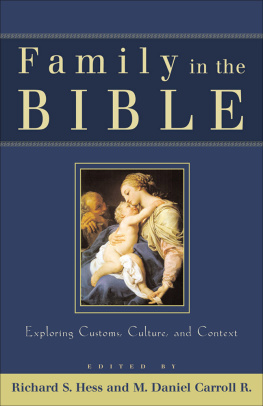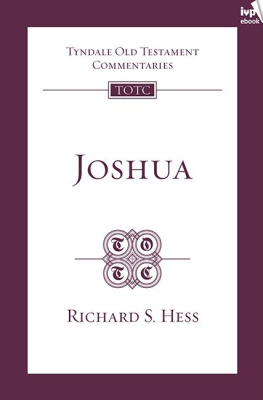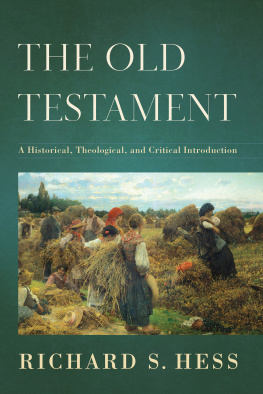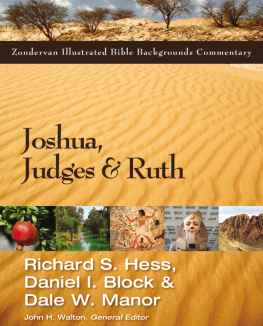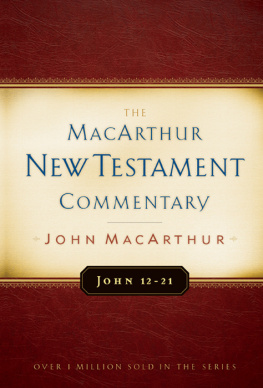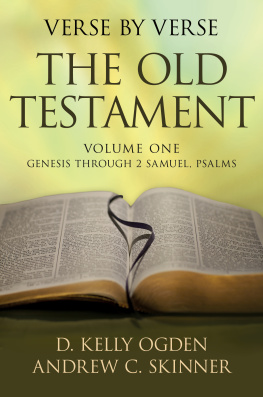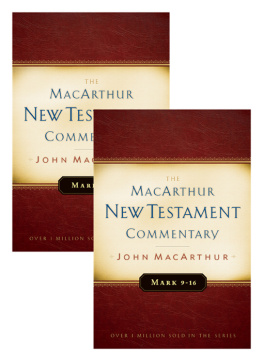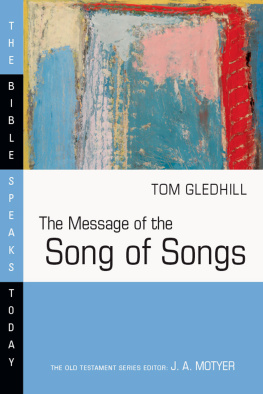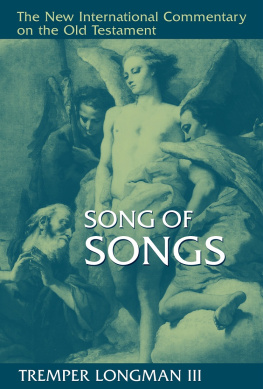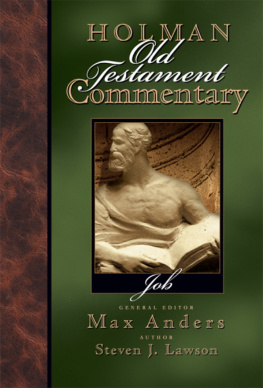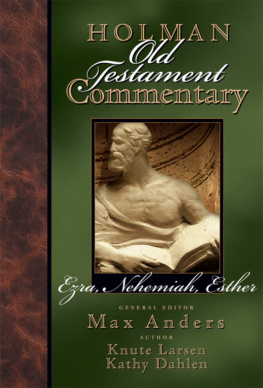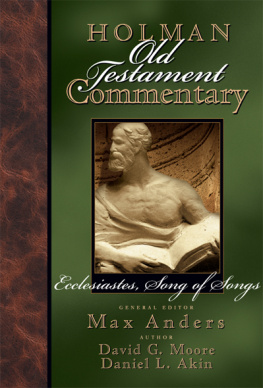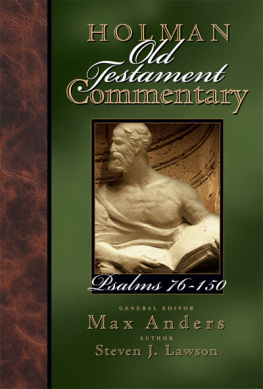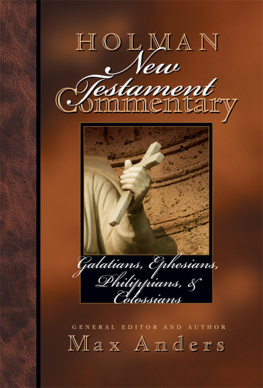Richard S. Hess - Song of Songs
Here you can read online Richard S. Hess - Song of Songs full text of the book (entire story) in english for free. Download pdf and epub, get meaning, cover and reviews about this ebook. year: 2005, publisher: Baker Academic, genre: Romance novel. Description of the work, (preface) as well as reviews are available. Best literature library LitArk.com created for fans of good reading and offers a wide selection of genres:
Romance novel
Science fiction
Adventure
Detective
Science
History
Home and family
Prose
Art
Politics
Computer
Non-fiction
Religion
Business
Children
Humor
Choose a favorite category and find really read worthwhile books. Enjoy immersion in the world of imagination, feel the emotions of the characters or learn something new for yourself, make an fascinating discovery.

- Book:Song of Songs
- Author:
- Publisher:Baker Academic
- Genre:
- Year:2005
- Rating:3 / 5
- Favourites:Add to favourites
- Your mark:
- 60
- 1
- 2
- 3
- 4
- 5
Song of Songs: summary, description and annotation
We offer to read an annotation, description, summary or preface (depends on what the author of the book "Song of Songs" wrote himself). If you haven't found the necessary information about the book — write in the comments, we will try to find it.
Song of Songs — read online for free the complete book (whole text) full work
Below is the text of the book, divided by pages. System saving the place of the last page read, allows you to conveniently read the book "Song of Songs" online for free, without having to search again every time where you left off. Put a bookmark, and you can go to the page where you finished reading at any time.
Font size:
Interval:
Bookmark:

2005 by Richard S. Hess
Published by Baker Academic
a division of Baker Publishing Group
P.O. Box 6287, Grand Rapids, MI 49516-6287
www.bakeracademic.com
Ebook edition created 2013
All rights reserved. No part of this publication may be reproduced, stored in a retrieval system, or transmitted in any form or by any meansfor example, electronic, photocopy, recordingwithout the prior written permission of the publisher. The only exception is brief quotations in printed reviews.
ISBN 978-1-4412-0502-5
Library of Congress Cataloging-in-Publication Data is on file at the Library of Congress, Washington, DC.
Scripture quotations labeled NIV are from the Holy Bible, New International Version. NIV. Copyright 1973, 1978, 1984 by Bible, Inc. Used by permission of Zondervan. All rights reserved worldwide. www.zondervan.com
Scripture quotations labeled NRSV are from the New Revised Standard Verison of the Bible, copyright 1989, Division of Christian Education of the National Council of Churches of Christ in the United States of America. Used by permission. All rights reserved.
Contents
Series Preface
A T THE END of the book of Ecclesiastes, a wise father warns his son concerning the multiplication of books: Furthermore, of these, my son, be warned. There is no end to the making of many books! (12:12). The Targum to this biblical book characteristically expands the thought and takes it in a different, even contradictory, direction: My son, take care to make many books of wisdom without end.
When applied to commentaries, both statements are true. The past twenty years have seen a significant increase in the number of commentaries available on each book of the Bible. On the other hand, for those interested in grappling seriously with the meaning of the text, such proliferation should be seen as a blessing rather than a curse. No single commentary can do it all. In the first place, commentaries reflect different theological and methodological perspectives. We can learn from others who have a different understanding of the origin and nature of the Bible, but we also want commentaries that share our fundamental beliefs about the biblical text. Second, commentaries are written with different audiences in mind. Some are addressed primarily to laypeople, others to clergy, and still others to fellow scholars. A third consideration, related to the previous two, is the subdisciplines the commentator chooses to draw from to shed light on the biblical text. The possibilities are numerous, including philology, textual criticism, genre/form criticism, redaction criticism, ancient Near Eastern background, literary conventions, and more. Finally, commentaries differ in how extensively they interact with secondary literature, that is, with what others have said about a given passage.
The Baker Commentary on the Old Testament Wisdom and Psalms has a definite audience in mind. We believe the primary users of commentaries are scholars, ministers, seminary students, and Bible study leaders. Of these groups, we have most in mind clergy and future clergy, namely, seminary students. We have tried to make the commentary accessible to nonscholars by putting most of the technical discussion and interaction with secondary literature in the footnotes. We do not mean to suggest that such information is unimportant. We simply concede that, given the present state of the church, it is the rare layperson who will read such technical material with interest and profit. We hope we are wrong in this assessment and, if we are not, that the future will see a reverse in this trend. A healthy church is a church that nourishes itself with constant attention to Gods words in Scripture, in all their glorious detail.
Since not all commentaries are alike, what are the features that characterize this series? The message of the biblical book is the primary focus of each commentary, and the commentators have labored to expose Gods message for his people in the book they discuss. This series also distinguishes itself by restricting its coverage to one major portion of the Hebrew Scriptures, namely, the Psalms and Wisdom books (Proverbs, Job, Ecclesiastes, and Song of Songs). These biblical books provide a distinctive contribution to the canon. Although we can no longer claim that they are neglected, their unique content makes them harder to fit into the development of redemptive history and requires more effort to hear their distinctive message.
The book of Psalms is the literary sanctuary. Like the physical sanctuary structures of the Old Testament, it offers a textual holy place where humans share their joys and struggles with brutal honesty in Gods presence. The book of Proverbs describes wisdom, which on one level is skill for living, the ability to navigate lifes actual and potential pitfalls; but on another level, this wisdom presents a pervasive and deeply theological message: The fear of the L ORD is the beginning of knowledge (Prov. 1:7). Proverbs also raises a disturbing issue: the sages often motivate wise behavior by linking it to reward, but in reality, bad things happen to good people, the wise are not always rewarded as they expect. This raises the question of the justice of God. Both Job and Ecclesiastes struggle with the apparent disconnect between Gods justice and our actual life experience. Finally, the Song of Songs is a passionate, sensuous love poem that reminds us that God is interested in more than just our brains and our spirits; he wants us to enjoy our bodies. It reminds us that we are not merely a soul encased in a body but whole persons made in Gods image.
Limiting the series to the Psalms and Wisdom books has allowed us to tailor our work to the distinctive nature of this portion of the canon. With some few exceptions in Job and Ecclesiastes, for instance, the material in these biblical books is poetic and highly literary, and so the commentators have highlighted the significant poetic conventions employed in each book. After an introduction discussing important issues that affect the interpretation of the book (title, authorship, date, language, style, text, ancient Near Eastern background, genre, canonicity, theological message, connection to the New Testament, and structure), each commentary proceeds section-by-section through the biblical text. The authors provide their own translation, with explanatory notes when necessary, followed by a substantial interpretive section (titled Interpretation) and concluding with a section titled Theological Implications. In the interpretation section, the emphasis is on the meaning of the text in its original historical setting. In the theological implications section, connections with other parts of the canon, both Old and New Testament, are sketched out along with the continuing relevance of each passage for us today. The latter section is motivated by the recognition that, while it is important to understand the individual contribution and emphasis of each book, these books now find their place in a larger collection of writings, the canon as a whole, and it is within this broader context that the books must ultimately be interpreted.
No two commentators in this series see things in exactly the same way, though we all share similar convictions about the Bible as Gods Word and the belief that it must be appreciated not only as ancient literature but as Gods Word for today. It is our hope and prayer that these volumes will inform readers and, more importantly, stimulate reflection on and passion for these valuable books.
As one might imagine, to write a commentary in a series like this one requires a rare combination of skills. It calls for the technical expertise of a scholar of ancient language and culture as well as sensitivity as a reader of literature. Most important, however, this series demands scholars who are also passionate about God and his people. I am for this reason overjoyed that Rick Hess has written the commentary on the Song of Songs. Rick combines the skills of a proven scholar of the Bible and the ancient Near East as well as the literary and theological sensitivities necessary to explicate this intriguing and sometimes enigmatic book. This commentary has succeeded in doing what we expect all the contributions to this series to do. Like most commentaries, it can be read piecemeal with profit. But unlike most commentaries, it can also be read cover-to-cover. I turn you over now to Rick Hess. Enjoy and profit!
Next pageFont size:
Interval:
Bookmark:
Similar books «Song of Songs»
Look at similar books to Song of Songs. We have selected literature similar in name and meaning in the hope of providing readers with more options to find new, interesting, not yet read works.
Discussion, reviews of the book Song of Songs and just readers' own opinions. Leave your comments, write what you think about the work, its meaning or the main characters. Specify what exactly you liked and what you didn't like, and why you think so.

